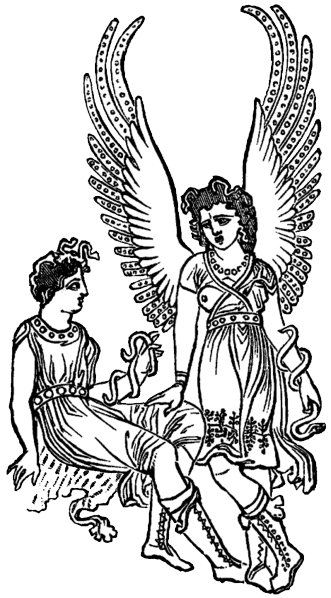The telephone marks the place of an absence. Affiliated with discontinuity, alarm, and silence, it raises fundamental questions about the constitution of self and other, the stability of location, systems of transfer, and the destination of speech. Profoundly changing our concept of long-distance, it is constantly transmitting effects of real and evocative power. To the extent that it always relates us to the absent other, the telephone, and the massive switchboard attending it, plugs into a hermeneutics of mourning.
The Telephone Book, itself organized by a "telephonic logic," fields calls from philosophy, history, literature, and psychoanalysis. It installs a switchboard that hooks up diverse types of knowledge while rerouting and jamming the codes of the disciplines in daring ways. Avital Ronell has done nothing less than consider the impact of the telephone on modern thought. Her highly original, multifaceted inquiry into the nature of communication in a technological age will excite everyone who listens in. The book begins by calling close attention to the importance of the telephone in Nazi organization and propaganda, with special regard to the philosophy of Martin Heidegger. In the Third Reich the telephone became a weapon, a means of state surveillance, "an open accomplice to lies." Heidegger, in Being and Time and elsewhere, elaborates on the significance of "the call." In a tour de force response, Ronell mobilizes the history and terminology of the telephone to explicate his difficult philosophy.
Ronell also speaks of the appearance of the telephone in the literary works of Duras, Joyce, Kafka, Rilke, and Strindberg. She examines its role in psychoanalysis—Freud said that the unconscious is structured like a telephone, and Jung and R. D. Laing saw it as a powerful new body part. She traces its historical development from Bell's famous first call: "Watson, come here!" Thomas A. Watson, his assistant, who used to communicate with spirits, was eager to get the telephone to talk, and thus to link technology with phantoms and phantasms. In many ways a meditation on the technologically constituted state, The Telephone Book opens a new field, becoming the first political deconstruction of technology, state terrorism, and schizophrenia. And it offers a fresh reading of the American and European addiction to technology in which the telephone emerges as the crucial figure of this age.


